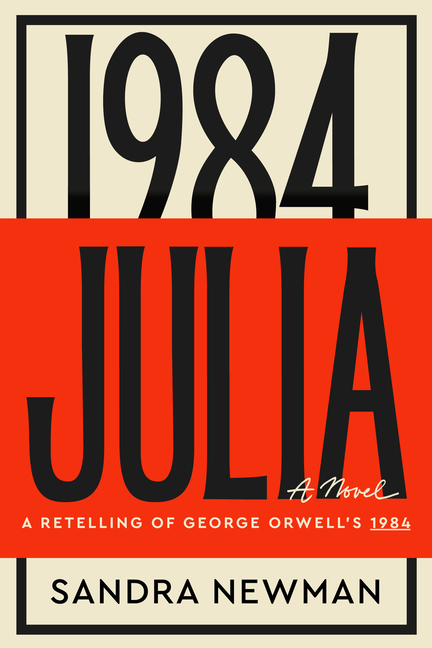Newman’s version dovetails with the original, following Winston and Julia’s romance and their plot to join the traitor Goldstein’s resistance. But it also embellishes the prehistory of 1984, and imagines a future beyond Orwell’s ending ... At its most compelling in its exploration of the grim reality of women’s lives under an authoritarian patriarchal regime ... The novel is coded to produce a desired focus — in this case, women’s experience. It’s not alone; contemporary publishing abounds with retellings of classic stories from women’s perspectives. But 1984 is a perplexing choice to return to ... The motives of Julia don’t seem to be concerned with the differences between Orwell’s period and our own political moment. Instead, its main project seems to be redressing the gender balance in Orwell’s fiction. As a result, claims for its 'timeliness' can only lead to vague generalizations about women’s oppression, rather than examining the political structures imposing it. For contemporary readers, whose reproductive rights are being encroached on by the right, the novel’s simplistic depiction of amalgamated socialist evils may feel somewhat out of step with present affairs ... As a retelling it is highly readable, innovative and entertaining. But as a political or feminist project, it only adds to the obfuscation of Orwell’s critique.
Read Full Review >>

